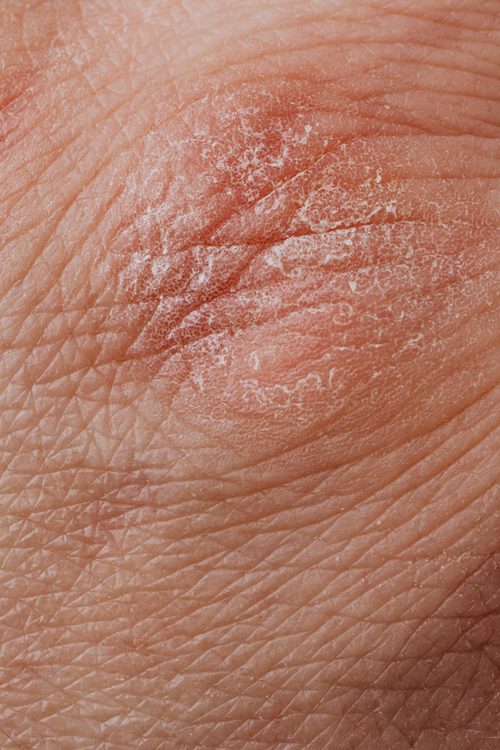Google has just announced a fantastic new feature of its Google Lens tool: you can now search for skin conditions by taking a picture of the area of your skin and uploading it to the Google mobile app. The revolutionised search tool, Google Lens, then matches you to the most relevant results and provides insight according to findings.
Some background on Google Lens
The Google app has evolved drastically over the past few years. Now, you can do far more than just type a phrase into Google and expect results. Google Lens, a vision-based tool first introduced to Google mobile apps in 2017, allows users to upload images and get matched with results based on the contents of the image.
For instance, uploading a snap of someone’s cute outfit can match you with info and shopping results for the products captured in the image. When Google Lens can’t find a direct match, it matches you with similar results.
In another example, you can use Google Lens to translate text into different languages. Say for instance you’re visiting a foreign country and you aren’t versed in the language, just snap a photograph of the menu, street sign, or snip of information you want to translate, upload it through Google Lens, and you’ll be provided with text translations to your preferred language. Pretty cool, right? Well, it doesn’t stop there!
Search your skin conditions via Google Lens
Lou Wang, Senior Director of Product Management for Google Search, explains the following in a blog post:
“Describing an odd mole or rash on your skin can be hard to do with words alone. Fortunately, there’s a new way Lens can help, with the ability to search skin conditions that are visually similar to what you see on your skin. Just take a picture or upload a photo through Lens, and you’ll find visual matches to inform your search. This feature also works if you’re not sure how to describe something else on your body, like a bump on your lip, a line on your nails or hair loss on your head.”
Pretty nifty! However, this raises questions about how accurate these search results would be. Even if Google does provide accurate information about a user’s skin condition, this does not mean that the user should consider these search results an official diagnosis, by any means.
However, Google Lens’ new feature will serve as a useful tool for the general public and clinicians. An article published by Forbes makes the following point:
“The potential behind this technology is astounding. The field of dermatology is incredibly vast within the realm of healthcare, and has long been touted as an arena where image based search tools can add significant value. Notably, Google Lens’ newest technology has the potential to democratize an entire subsector of knowledge for the general population through easy-to-use applications.”
“Furthermore, these tools may significantly augment clinician workflows; if a physician encounters a rash or rare condition that he/she has never seen before, these apps may be able to aid in the diagnostic process.”
ALSO SEE: Skincare scoop: we’re debunking common skincare myths
Before you rush off to self-diagnose all of your skin conditions, remember that there is still no better and more accurate diagnosis than a doctor’s.
ALSO SEE:
Health anxiety: the foe that sits on your shoulder and whispers
Feature Image: Pexels

